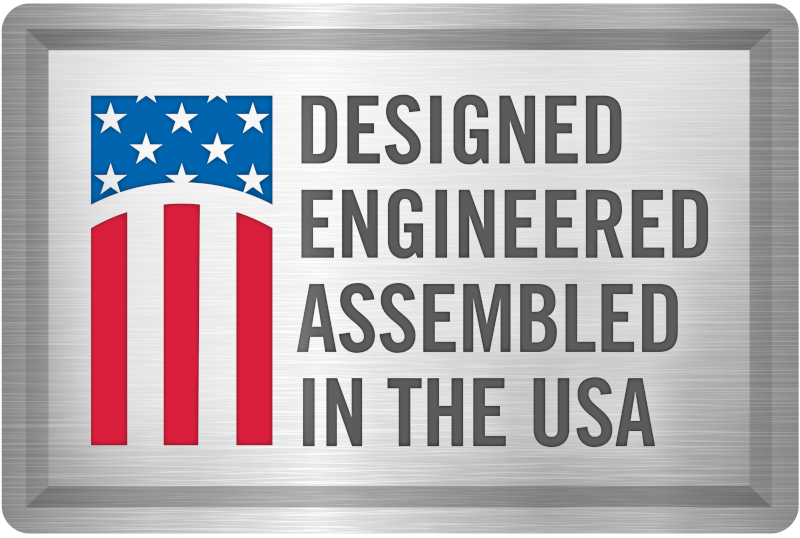Ventilation Changes that are Here to Stay
The most difficult hit of the COVID-19 pandemic may be behind us, but many of the ventilation changes made in schools and commercial facilities are here to stay. As new variants of the virus pop up, it’s clear there is a need to continue focusing heavily on ventilation to promote a healthy environment for building occupants to carefully gather and interact.
By staying on top of ventilation needs, school officials and facility managers can decrease the impact of future viruses and other airborne pathogens.
Poor ventilation can increase the likelihood of virus infection spreading, poor student and worker performance and overall degradation of occupant functionality. With the introduction of upgraded HVAC equipment as well as improvement in the process of ventilating schools and commercial facilities, excellent air quality can be maintained to promote well-being and productivity. Ventilating a space properly with sufficient airflow, filtration and dehumidification should extend beyond the pandemic.
Reliable Fresh Airflow
Too much carbon dioxide in classrooms translates into underperforming students because they are unable to concentrate. Approximately 15 cubic feet of fresh air needs to be delivered to each student per minute. This means it is necessary to have a properly installed and well-maintained HVAC system to efficiently move fresh air into the building and push used air outside. Unit ventilators like the Airedale Sentinel® Vertical Unit provide additional air quality improvement in classrooms and commercial facilities. The modulating economizer damper provides 100% free-cooling and minimum fresh air requirements. The unit comes standard with 2-inch, MERV 8 filters to help limit airborne pathogens inside the classroom.
Filtration Upgrades
Filtration advances are especially noteworthy because they can filter out a high percentage of particulates and pathogens. As people enter a building, they can unknowingly bring in numerous airborne issues such as dust, pollen, odors, smoke and pathogens. Filtration advancements combined with a high-quality dehumidification process, can greatly improve air quality and provide a comfortable environment for students, faculty, workers and guests.
Importance of Dehumidification
The movement of filtered air into and out of a space is vital to successful ventilation. Maintaining proper humidity levels in schools and commercial facilities is also necessary to protect against the growth of mold and mildew. Airborne mold spores can produce neurological consequences, as well as cause major respiratory issues for people already suffering from asthma and other breathing difficulties.
The COVID-19 pandemic has been eye opening in many ways, including becoming very familiar with the process and equipment involved in ventilating a space. By adhering to regular maintenance schedules and needed upgrades, school officials and commercial facility managers can continue to maintain excellent air quality in their buildings as we dive into 2022.
For more information on Modine’s gas-fired unit heaters, please visit https://www.modinehvac.com/products/unit-heaters/.


